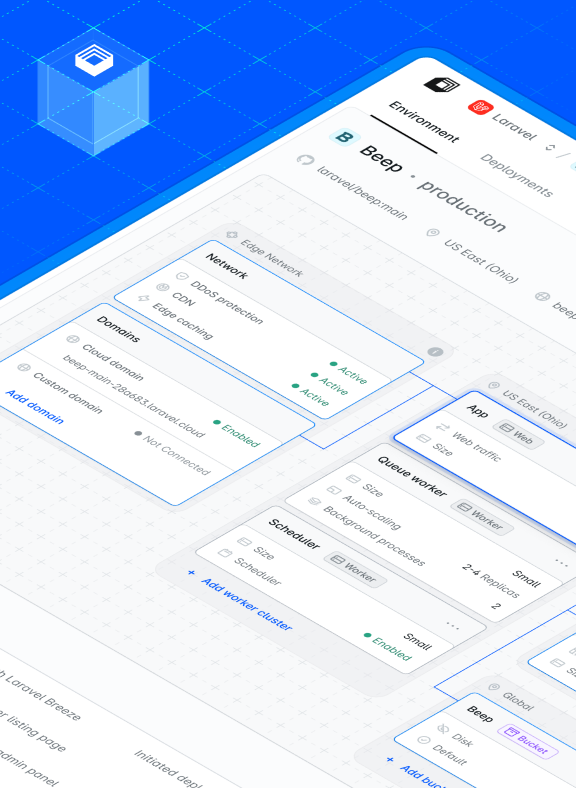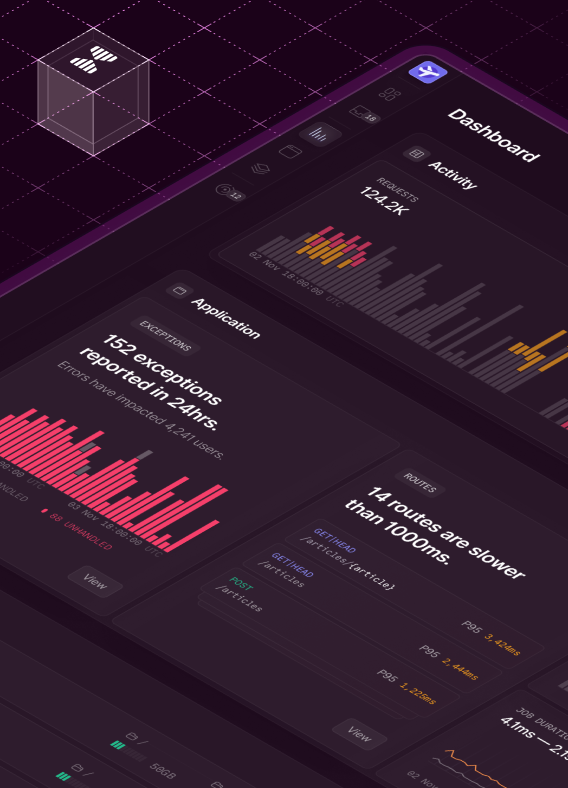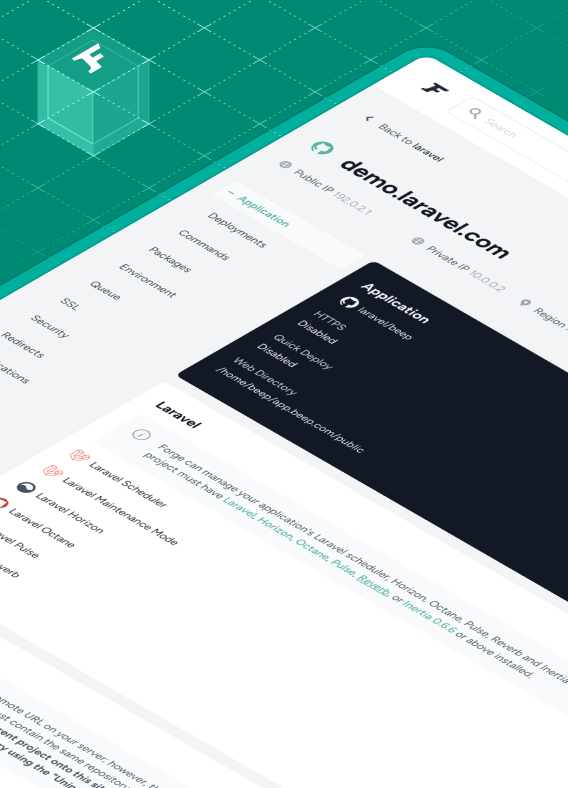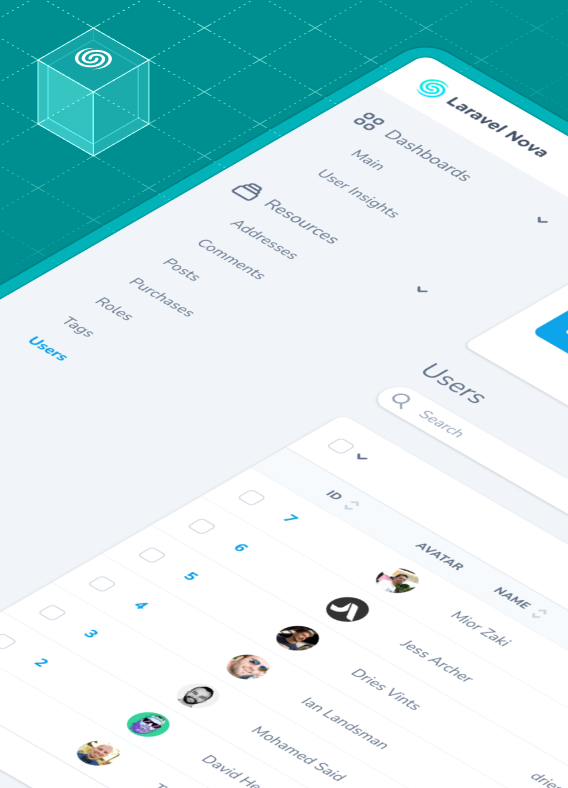For the last 4 years, Laravel has released a new "major" version every 6 months. Before adopting the "semantic versioning" standard - the second number in the Laravel version number changed every 6 months. With the adoption of semantic versioning, the first number in the Laravel version number changed every 6 months. However, the release cycle speed stayed the same throughout that transition - even though many users felt that Laravel versions were being released more frequently.
Over the same 4 years, Laravel has matured and solidified its position as the development framework of choice for most PHP developers. As the number of businesses and individuals using Laravel has grown substantially, I feel like now is a good time to update our release schedule to help ease the maintenance burden on our community.
So, beginning immediately, Laravel is moving from a 6 month major release cycle to a 12 month release cycle. Therefore, since Laravel 8.0 was released in September of 2020, Laravel 9.0 (LTS) will not be released until September of 2021. Laravel 10.0 will be released in September of 2022, etc.
Due to this decision, we decided to backport parallel testing (a major feature of the 9.0 release) to Laravel 8.0 so that our users could take advantage of it immediately. That feature was released today.
This new release cycle will not only ease the the maintenance burden on our community and relieve the stress of feeling like you are being "left behind", it will challenge us as Laravel developers to implement high-value, amazing features without breaking backwards compatibility so that we can deliver them to you as quickly as possible.
These changes have been reflected in [our support policy documentation](https://laravel.com/docs/releases#support-policy).
Matt Stauffer, a long time Laravel community member, has created a very helpful website to assist you in visualizing the current and upcoming releases of Laravel as well as their support / maintenance periods: [https://laravelversions.com/](https://laravelversions.com/)
If you are running an older version of Laravel and would like to take advantage of all the latest features in Laravel 8, you may automate the process of upgrading with Shift: [https://laravelshift.com](https://laravelshift.com).





